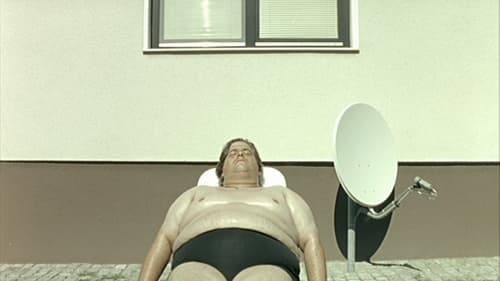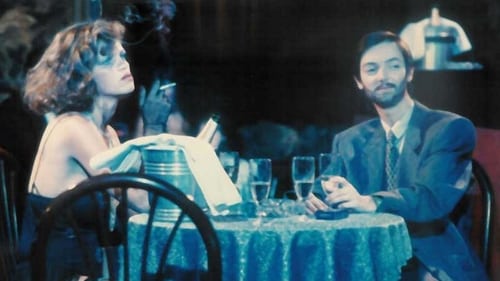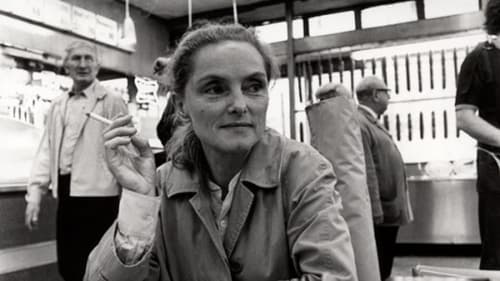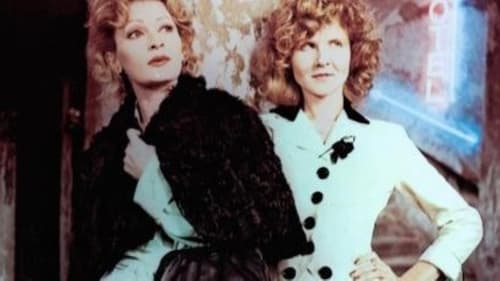
Lehrerin und Geliebte von Vikerl
É o dia mais quente do verão. É o verão mais quente de todos os tempos. Na periferia de Viena, na terra-de-ninguém entre a auto-estrada e os hipermercados, sufoca-se. Para as famílias burguesas que habitam monótonas casas pré-fabricadas, idênticas umas às outras, o tédio solapa qualquer iniciativa. Em roupas de baixo, biquínis ou sem nada, as pessoas se arrastam pelo asfalto. A temperatura aumenta. Paira no ar uma atmosfera de violência latente. Vai começar uma jornada de música e jogos, sexo e violência. Dias repletos daquela estranha sensação de amortecimento do desejo de amar, da perda do amor e, o mais terrível, da esperança de um dia encontrá-lo. Dias de Cão, em registro documental, se passa nos "dias de cão", referente ao período mais quente do verão europeu, entre 24 de julho e 23 de agosto. O nome vem da constelação de Cão Maior, a mais presente nos céus durante o verão.

Margret
Lily, a stunning photograph model, suddenly notices that hair is growing on her face and escalating to a real "man's beard". Her lover, Richard, who has just returned from a prolonged business trip cannot help her. On the contrary, she is so exasperated that she runs away into the night of the big city where she has her first experiences as a "man".

singer
Tommi Fischer, a newly divorced copywriter is looking for a replacement mother for his son. When he falls for the emancipated costume designer Evelyn he soon finds himself in the undesired role of a stay-at-home dad.

Judit is up to her neck in art studies and the elitist art community but chucks it all to pursue a successful career as a billiard professional -- not exactly a likely alternative in real life, but certainly more lucrative. Just as she is finally at the apex of her chosen second field, Judit encounters male jealously and/or aggression in the form of intentional snubs from this different class of snobs, or in the worse instances, rape. Director Kitty Kino portrays many of the male figures in this film as weak, or drunk, or simply offensive, and because of the emphasis on those traits, the film will raise objections from some viewers. On the other hand, many women might see this film and feel that at least it brings up the difficulties women can face in getting ahead in a male-dominated arena, instead of side-stepping or ignoring the role of male prejudice.

After the passing of her husband, the commissioned painter Anneliese Psiko decides to travel across the country. In the Austrian province of Styria, she discovers a strange work of art entitled "Weltmaschine" (World Machine). From now on, it will change her life significantly.

Beautiful, detached, laconic, consumptive Lily Brest is a streetwalker with few clients. She loves her idle boyfriend Raoul who gambles away what little she earns. The town's power broker, called the rich Jew, discovers she is a good listener, so she's soon busy. Raoul imagines grotesque sex scenes between Lily and the Jew; he leaves her for a man. Her parents, a bitter Fascist who is a cabaret singer in drag and her wheelchair-bound mother, offer no refuge. Even though all have a philosophical bent, the other whores reject Lily because she tolerates everyone, including men. She tires of her lonely life and looks for a way out. Even that act serves the local corrupt powers.





